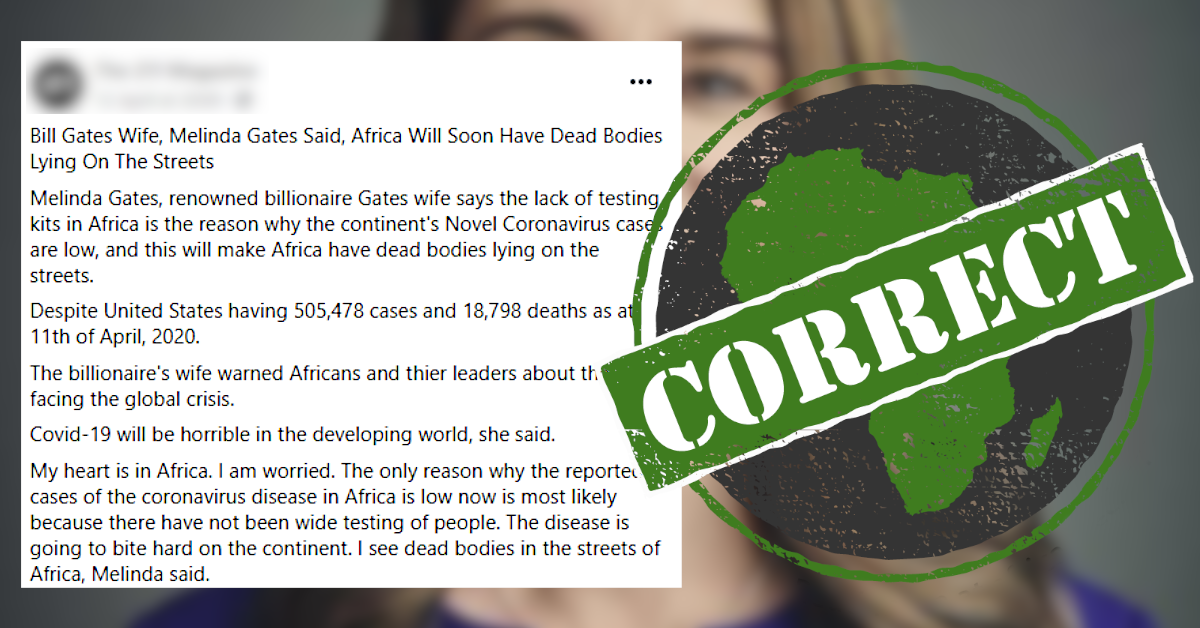A video fit to send chills down your spine is doing the rounds around Facebook and WhatsApp.
It shows a dark-winged creature climbing the dome of a church, settling on a cross at the top and then flying off.
“A demon angel at Vatican today midday,” the video’s caption reads. It was posted in late March 2020.
Was the creature filmed in Vatican City, the headquarters in Rome, Italy of the global Roman Catholic Church?

The video shows “JJDP Producciones” in the top right corner and a JJPD logo at bottom left. We searched YouTube for the name and found the verified JJPD Producciones channel. It’s run by the Perez brothers from Nicaragua, Jose Joaquin and Jimmy Jose.
The channel’s “about” section, machine translated from Spanish, says its videos are created by using special effects.
“We are two Nicaraguan YouTubers brothers, creators of: videos with special effects, videos of paranormal encounters, fiction short films, horror tales and more.” The brothers also have a Facebook page.
They uploaded the “Vatican demon” video on 3 June 2019.
Translated text below its description reads: “These are paranormal videos created by us to entertain. All images shown are fiction. CGI video (computer generated image). Creature creation and video editing: Jose Joaquin Perez. Animation and assembly: Jimmy Jose Perez.”
And the fictional video is set in Granada, “one of the major tourist attractions in Nicaragua”, not the Vatican. In the video you can see a few of Granada’s landmarks, including the Cathedral of Our Lady of the Assumption and a gazebo and fountain in the city’s central park.
The video was created 10 months before the Facebook post, shows Grenada in Nicaragua, and is computer generated. – Vincent Ng’ethe
It shows a dark-winged creature climbing the dome of a church, settling on a cross at the top and then flying off.
“A demon angel at Vatican today midday,” the video’s caption reads. It was posted in late March 2020.
Was the creature filmed in Vatican City, the headquarters in Rome, Italy of the global Roman Catholic Church?

‘All images shown are fiction’
The video shows “JJDP Producciones” in the top right corner and a JJPD logo at bottom left. We searched YouTube for the name and found the verified JJPD Producciones channel. It’s run by the Perez brothers from Nicaragua, Jose Joaquin and Jimmy Jose.
The channel’s “about” section, machine translated from Spanish, says its videos are created by using special effects.
“We are two Nicaraguan YouTubers brothers, creators of: videos with special effects, videos of paranormal encounters, fiction short films, horror tales and more.” The brothers also have a Facebook page.
They uploaded the “Vatican demon” video on 3 June 2019.
Translated text below its description reads: “These are paranormal videos created by us to entertain. All images shown are fiction. CGI video (computer generated image). Creature creation and video editing: Jose Joaquin Perez. Animation and assembly: Jimmy Jose Perez.”
And the fictional video is set in Granada, “one of the major tourist attractions in Nicaragua”, not the Vatican. In the video you can see a few of Granada’s landmarks, including the Cathedral of Our Lady of the Assumption and a gazebo and fountain in the city’s central park.
The video was created 10 months before the Facebook post, shows Grenada in Nicaragua, and is computer generated. – Vincent Ng’ethe
Republish our content for free
For publishers: what to do if your post is rated false
A fact-checker has rated your Facebook or Instagram post as “false”, “altered”, “partly false” or “missing context”. This could have serious consequences. What do you do?
Click on our guide for the steps you should follow.
Publishers guideAfrica Check teams up with Facebook
Africa Check is a partner in Meta's third-party fact-checking programme to help stop the spread of false information on social media.
The content we rate as “false” will be downgraded on Facebook and Instagram. This means fewer people will see it.
You can also help identify false information on Facebook. This guide explains how.


Add new comment